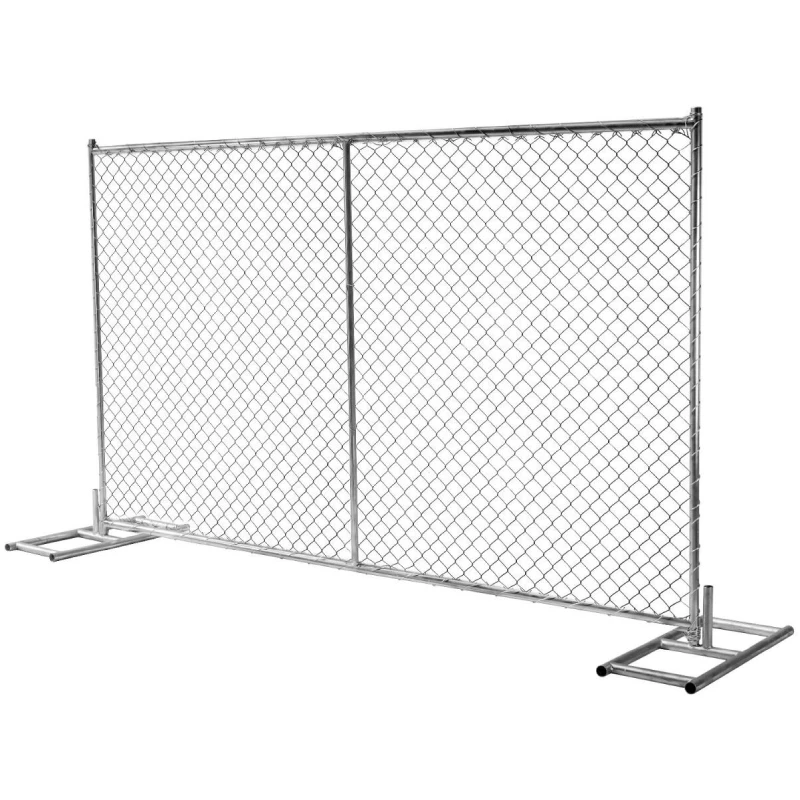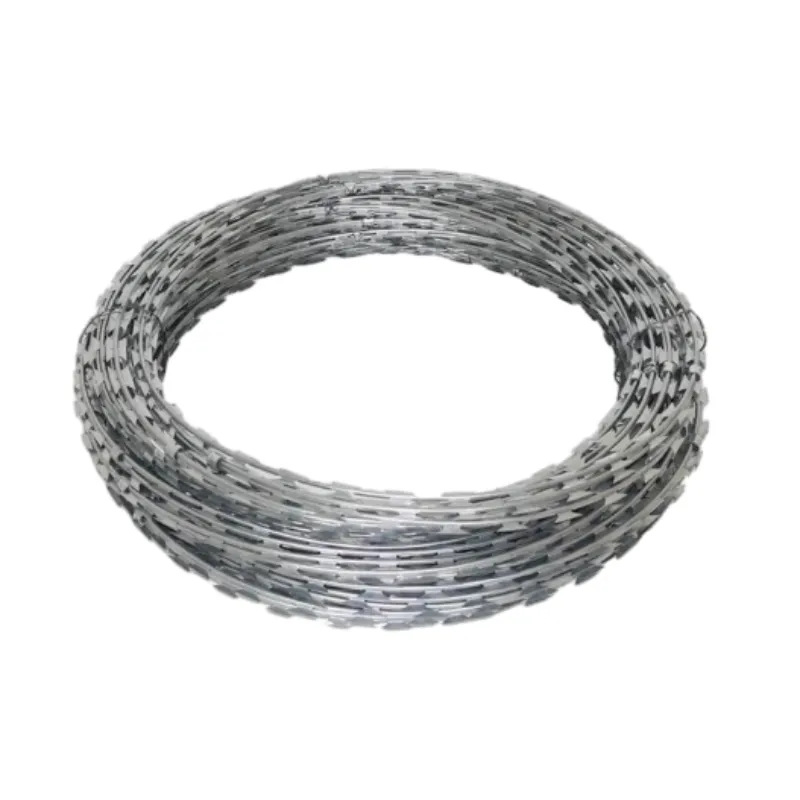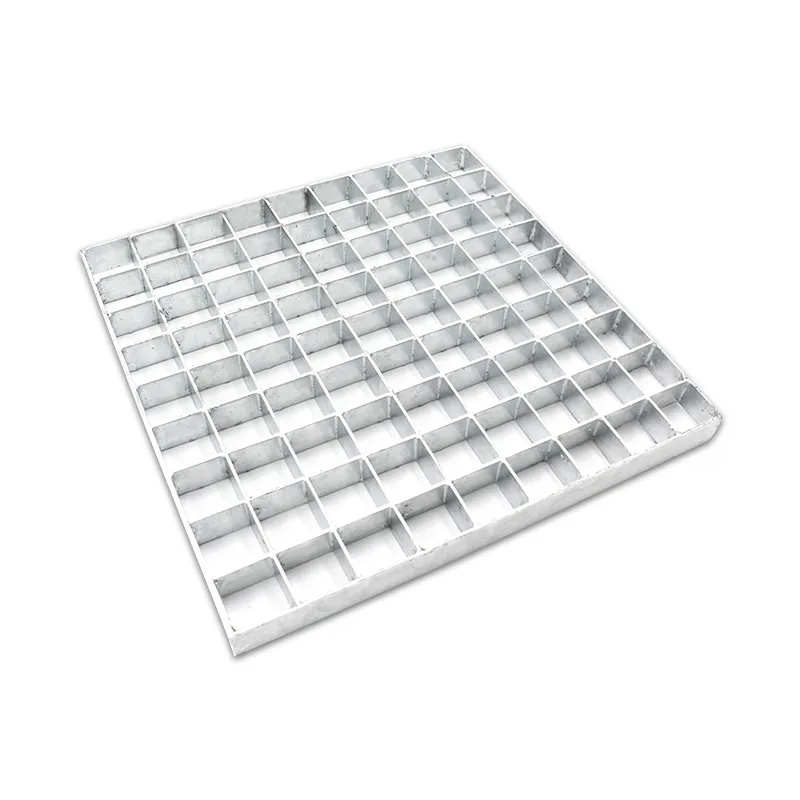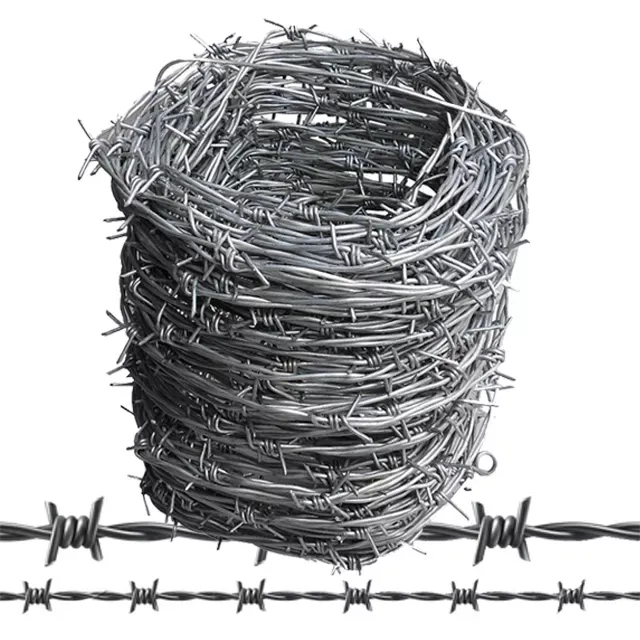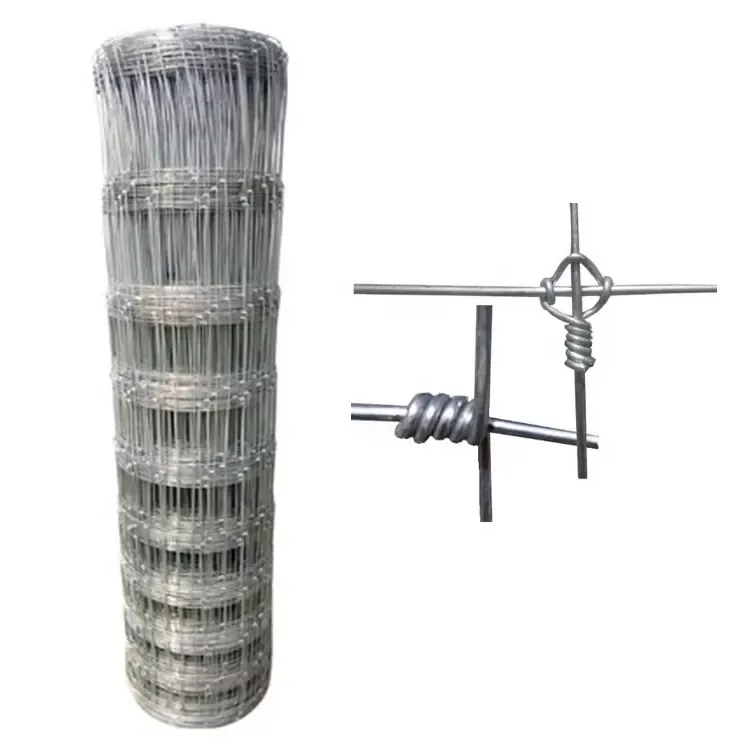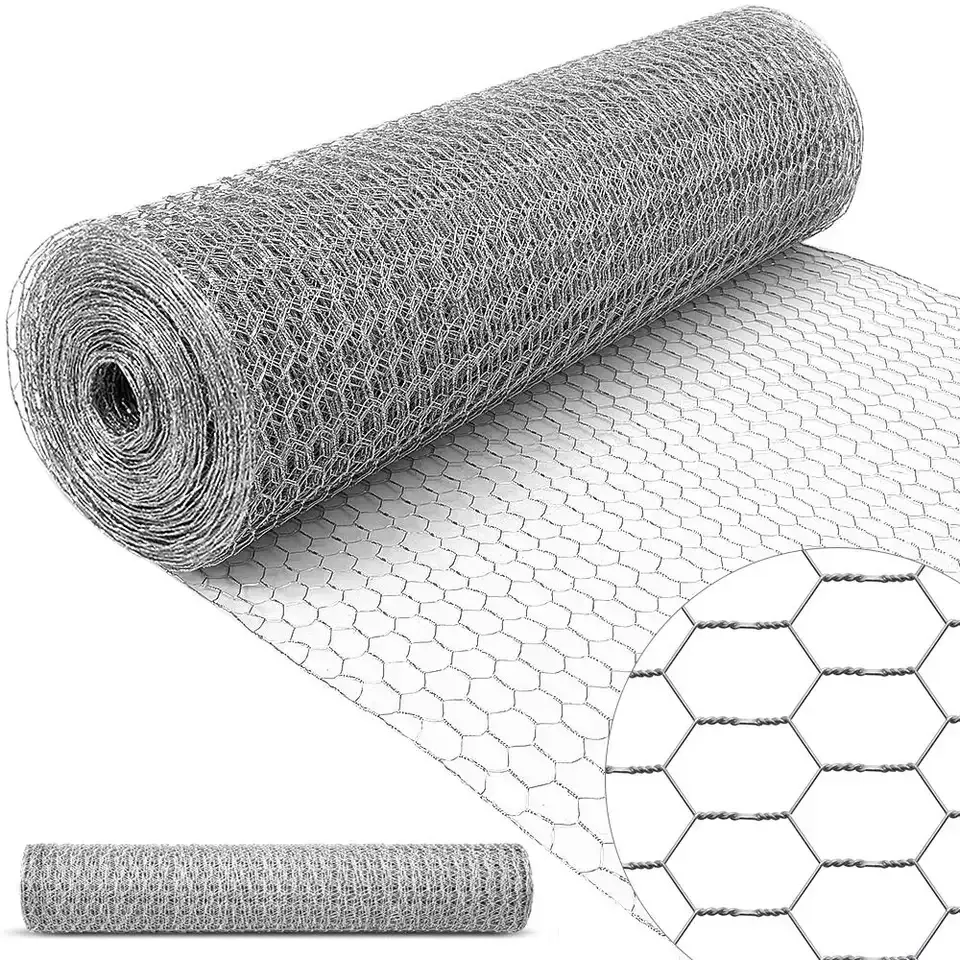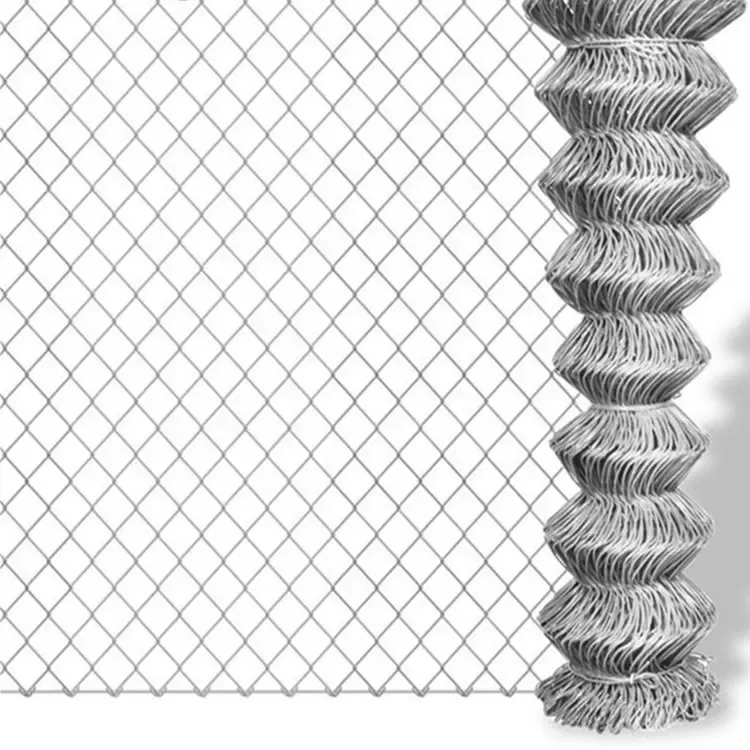
- Afrikaans
- Albanian
- Arabic
- Armenian
- Azerbaijani
- Basque
- Belarusian
- Bengali
- Bosnian
- Bulgarian
- Croatian
- Czech
- Danish
- Dutch
- English
- Esperanto
- Estonian
- Finnish
- French
- Galician
- Georgian
- German
- Greek
- hawaiian
- Hindi
- Hungarian
- Indonesian
- irish
- Italian
- Lao
- Latvian
- Lithuanian
- Luxembourgish
- Macedonian
- Maltese
- Myanmar
- Norwegian
- Polish
- Portuguese
- Romanian
- Russian
- Serbian
- Slovak
- Somali
- Spanish
- Swedish
- Thai
- Turkish
- Turkmen
- Vietnamese
Dez . 11, 2024 12:26 Back to list
wire reinforcement
Understanding Wire Reinforcement An Essential Component in Construction
Wire reinforcement is a crucial aspect of modern construction, playing a significant role in enhancing the strength and durability of various structures. This technique involves the integration of steel wires into concrete, masonry, or other materials, aimed at improving their structural integrity. As we delve into the topic of wire reinforcement, we will explore its benefits, applications, and the various forms it takes.
The Importance of Wire Reinforcement
One of the primary reasons for incorporating wire reinforcement into construction materials is to increase tensile strength. Concrete, while excellent in withstanding compressive forces, is inherently weak when it comes to tension. This is where wire reinforcement comes into play. By embedding steel wires within concrete, structures can effectively resist tensile forces, making them safer and more durable over time.
Wire reinforcement also helps in controlling cracking in concrete. Under various environmental conditions, concrete can experience shrinkage and expansion, leading to cracks. The presence of steel wires helps to distribute stresses more evenly, minimizing the likelihood of crack formation. This is particularly important in high-rise buildings, bridges, and roads, where structural integrity is paramount.
Types of Wire Reinforcement
1. Wire Mesh One of the most common forms of wire reinforcement is wire mesh, which consists of a grid of steel wires welded together. Wire mesh is often used in slabs, pavements, and walls, providing a uniform distribution of strength across the area. It can be customized in terms of wire diameter and spacing to meet specific engineering requirements.
2. Reinforcing Bars (Rebar) Another widely used method of wire reinforcement involves the use of reinforcing bars, or rebar. These bars are often coated to prevent corrosion, which can significantly affect the longevity of a structure. Rebar is placed at strategic points within concrete elements to resist tensile and shear forces, enhancing the overall stability.
3. Steel Fibers An innovative approach in wire reinforcement is the use of steel fibers, which are randomly distributed throughout the concrete mix. This technique improves the material’s post-crack performance, minimizing the propagation of cracks and enhancing the ductility of the concrete. Steel fibers are especially beneficial in slabs, industrial floors, and shotcrete applications.
wire reinforcement
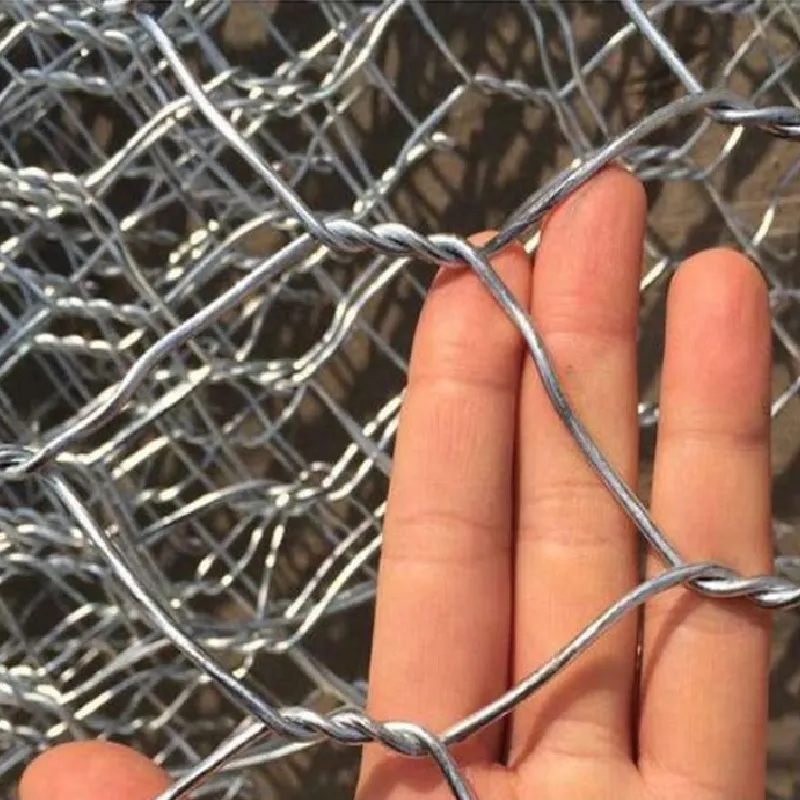
Applications of Wire Reinforcement
Wire reinforcement finds use in a myriad of construction applications. It is instrumental in building foundations, slabs, walls, beams, and columns. Additionally, it is extensively employed in infrastructure projects like bridges, highways, and tunnels, where dynamic loads and environmental conditions present unique challenges.
In residential construction, wire reinforcement is often found in driveways, patios, and carports, where surface loading and cracking can be of concern. The incorporation of reinforcing materials can significantly extend the lifespan of these structures, leading to cost savings in maintenance and repairs.
The Future of Wire Reinforcement
As technology and materials science continue to evolve, the future of wire reinforcement looks promising. Innovations in composite materials and robotics are paving the way for more efficient and sustainable reinforcement techniques. For instance, the use of advanced fibers, such as carbon or glass, can provide even greater strength-to-weight ratios compared to traditional steel wire, potentially revolutionizing the field.
Moreover, the integration of smart technology within wire reinforcement systems is on the rise. Sensors embedded within the reinforcement can monitor structural health in real-time, providing invaluable data on stress, strain, and crack formation. This predictive maintenance approach can help prevent structural failures and enhance safety.
Conclusion
Wire reinforcement is a fundamental aspect of modern construction that significantly contributes to the longevity and safety of structures. Whether through wire mesh, rebar, or steel fibers, the application of reinforcement techniques helps to mitigate the inherent weaknesses of concrete and other materials. As we look toward the future, the continued innovation in wire reinforcement technologies promises to enhance the resilience and performance of our built environment, ensuring that our structures can withstand the test of time. Embracing these advancements is crucial for engineers, architects, and builders as they strive to create safer, more durable infrastructure for generations to come.
-
Your Ultimate Solution for Australian Temporary Fencing
NewsMay.14,2025
-
The Ultimate Guide to Crowd Control Barriers: Secure Your Events with Ease
NewsMay.14,2025
-
Secure Your Livestock with High-Quality Livestock Fence Panels
NewsMay.14,2025
-
Enhance Your Livestock Management with Top-Quality Cattle Fences
NewsMay.14,2025
-
Enhance Security and Safety with Temporary Fencing Solutions
NewsMay.14,2025
-
Corral Gates
NewsMay.14,2025



